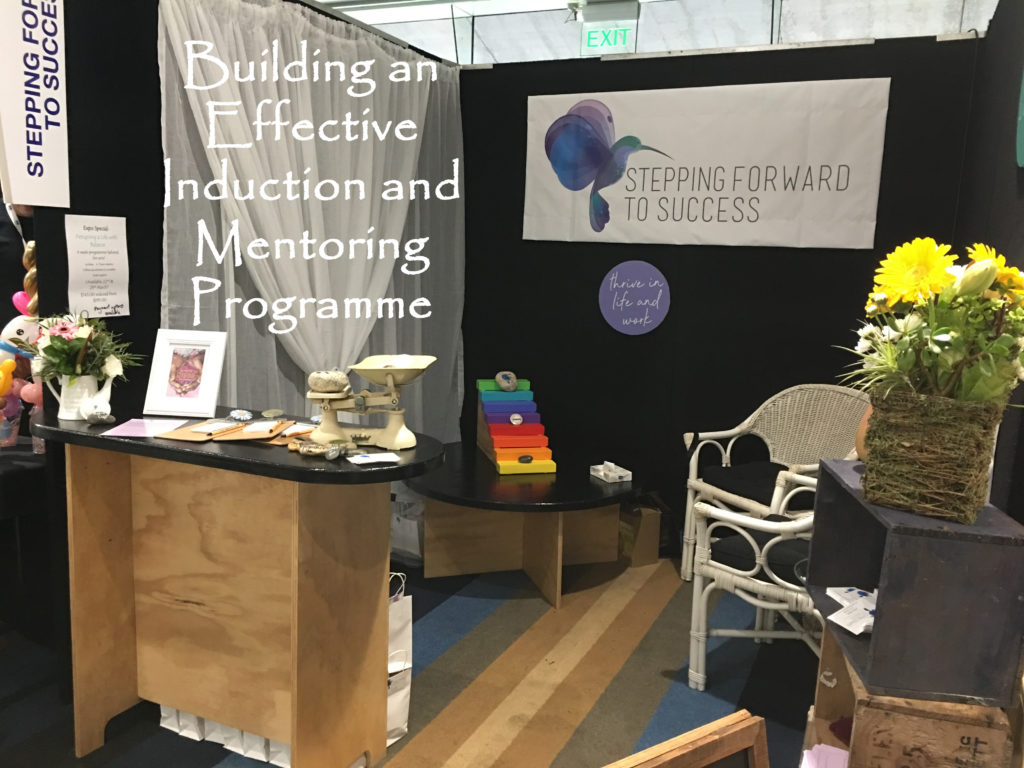I hear about the struggles teachers can be faced with.
Teaching is a complex and demanding role and research shows how important it is that all graduates have a high-quality induction and mentoring programme.
The Teaching Council has developed ‘Guidelines for Induction and Mentoring and Mentor Teachers’. This provides a guide for professional leaders to ensure high-quality induction and mentoring is in place to support provisionally certified teachers. It also gives a framework for graduates and teachers working towards full certification.
The quality of the mentoring is crucial for success. The mentor and professionally registered teacher (PCT) must build a co-constructive relationship that involves mutual learning, and supports, encourages, and motivates a teacher through their professional learning journey. As part of this, the mentor needs to consider the characteristics of the Early Childhood (ECE) setting, and identify the PCT’s individual strengths, needs and passions.
The key aspects of a robust induction and mentoring programme:
•an effective, qualified mentor to fulfill the responsibility of their role;
•an active leader in the ECE setting who is informed and involved within this programme;
•an outline of the essential components of the programme of support;
•clear expectations of both the mentor and PCT;
•develop the foundation to build from as the PCT works their way towards teacher certification;
•schedule and prioritise regular time for meaningful discussion around the mentoring programme;
•effective observations and reflections;
•build an ongoing support base to discuss day to day practice


